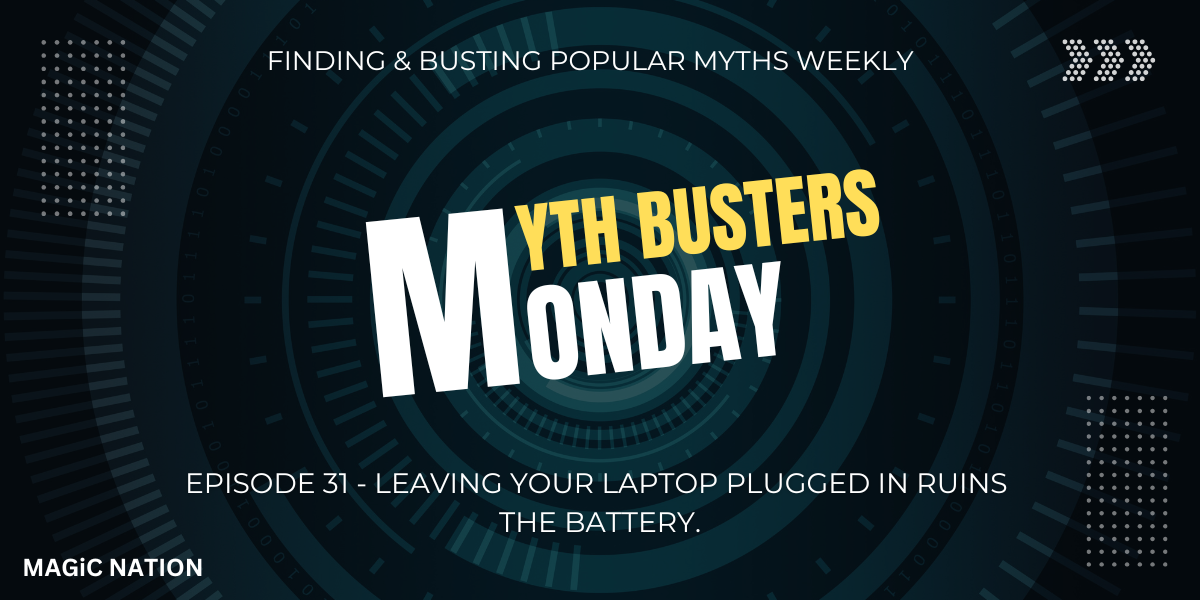- Air Pollution
- Soil Pollution
- Noise Pollution
- Water Pollution
Sorry for getting too emotional, now without deviating too much let’s discuss the new pollution type, that is Light Pollution, seems a new thing to read, but yes there is a term which we call ‘’Light Pollution’’, let’s discuss in detail
Light pollution is the presence of unwanted, inappropriate, or excessive artificial lighting. It’s like the glare of a flashlight in a dark room, unnecessary and intrusive. It’s called ‘pollution’ because it contaminates our natural night environment, affecting humans, wildlife, and the delicate balance of nature.What is Light Pollution?
The effects of light pollution are far-reaching. For humans, it disrupts our circadian rhythms, the internal clock that tells us when to sleep and when to wake. This disruption can lead to sleep disorders, stress, and other health issues.Impact on Humans and Wildlife
For wildlife, the consequences can be dire. Birds that navigate by moonlight and starlight can become disoriented, leading to fatal collisions with buildings. Sea turtles, which rely on the light of the horizon to find the ocean, can be led astray by bright coastal lighting. The list goes on, affecting creatures great and small across the planet.
The long-term effects of light pollution are still being studied, but the outlook is concerning. Continuous exposure to artificial light is linked to increased risks of chronic illnesses like obesity, diabetes, and depression in humans. For the environment, it means altered habitats and disrupted ecosystems that can take generations to recover, if at all.Long-Term Effects
The good news is that light pollution is reversible. Simple measures can make a significant difference:Solutions to Light Pollution
- Shielding outdoor lights to direct beams downward.
- Using motion sensors and dimmers to reduce unnecessary lighting.
- Choosing warmer-colored bulbs to minimize blue light emission.
- Promoting awareness and advocating for dark sky initiatives.
As we look up at the night sky, let’s remember that darkness is a natural resource that needs protection. By taking steps to reduce light pollution, we can restore the balance of our night environment, ensuring that future generations can gaze upon the Milky Way, just as our ancestors did. It’s not just about seeing the stars; it’s about preserving the natural world that thrives under the cover of darkness.Conclusion










